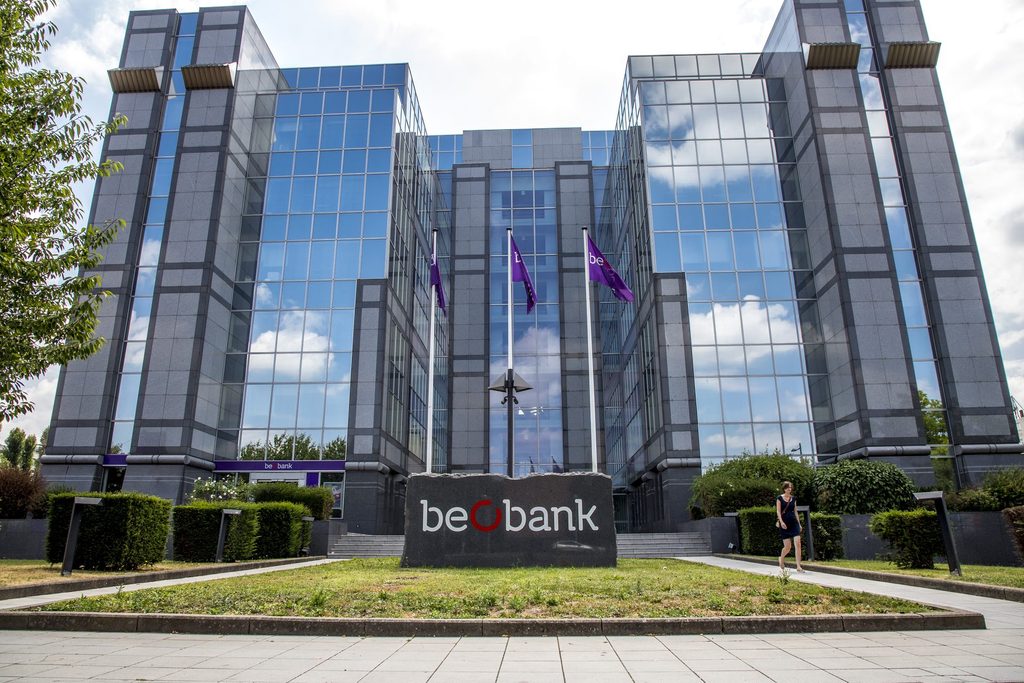Since summer 2022, interest rates for banks have soared, with the European Central Bank (ECB) on 20 September raising its benchmark deposit facility rate to a record high of 4.00%.
Though the details of this progression might be less clear to those without a grounding in finance, the result has been a massive rise in profits for banks across the bloc, which essentially benefit from higher interest rates for parking funds overnight at their country's central bank.
The issue here is that whilst commercial banks have been making a tidy profit from this arrangement, interest rates on savings accounts have been kept low, thereby depriving individual consumers of the gains that banks make by moving their money around. Economists and ministers have pointed out the unfair advantage, with some measures taken to address the imbalance.
In Belgium, this notably led to the Van Peteghem bonds – introduced by Belgium's Finance Minister Vincent Van Peteghem after previous calls for banks to voluntarily increase interest rates came to nothing. The one-year government bonds came with an effective yield is 2.81%, well above the long-term savings rate offered by most commercial banks.
The public response was enormous enthusiasm for the bonds, which far exceeded expectations with almost €22 billion invested – a blow to banks uneasy about losing such a chunk of customer deposits but widely seen as a success as commercial lenders tentatively raised interest rates in an effort to win back savers.
Structural change to boost public finances
Whilst the move in Belgium has briefly managed to coerce banks to offer better savings rates, calls have been growing to put stronger controls on the banking sector at the European level. Already Spain, Sweden, Lithuania and Italy have issued appeals to this effect; interest in such a measure is gathering momentum with the Netherlands calling for an "exceptional tax on the revenue of banks" on 22 September.
This would essentially impose a 15% tax on the sale of shares by banks, ensuring that some of the profits they generate are returned to the public purse. The call was followed by an immediate reaction on financial markets with the value of ABN Amro Bank and ING Group falling considerably on the Amsterdam stock exchange.
Whilst banks have argued strongly against such a move, some experts point out that the gains banks are enjoying at present are unreasonable. Xavier Dupret, economist at the Association Culturelle Joseph Jacquemotte explains that although the recent energy crisis severely hit banking profits, this has changed quickly: "Banks are much more powerful than before the Covid pandemic thanks to the ECB interest rates which have sent their profits soaring."
He questions the legitimacy of this at the same time that individuals are struggling with inflation and the cost of living. Yet he stresses that measures to rein in these profits would be better achieved at the European level, circumventing political battles on the national level.
Related News
- How to avoid being scammed on your savings rates in Belgium
- 'Unfair situation': Huge increase in Belgium's minimum savings rate needed, says Test Achats
In Belgium, the Flemish socialist party Vooruit has already made such a proposal, with the party leader Melissa Depraetere telling De Tijd that the party is not against banks profiting but aware of the need to address the current situation. "Banks are making enormous profits without sharing the gains by increasing savings rates... We believe it would only be fair to ask banks to make a serious effort to change and at the same time improve public finances."
If such a proposal were enacted Vooruit calculates it would bring €588 million to the Belgian State.

